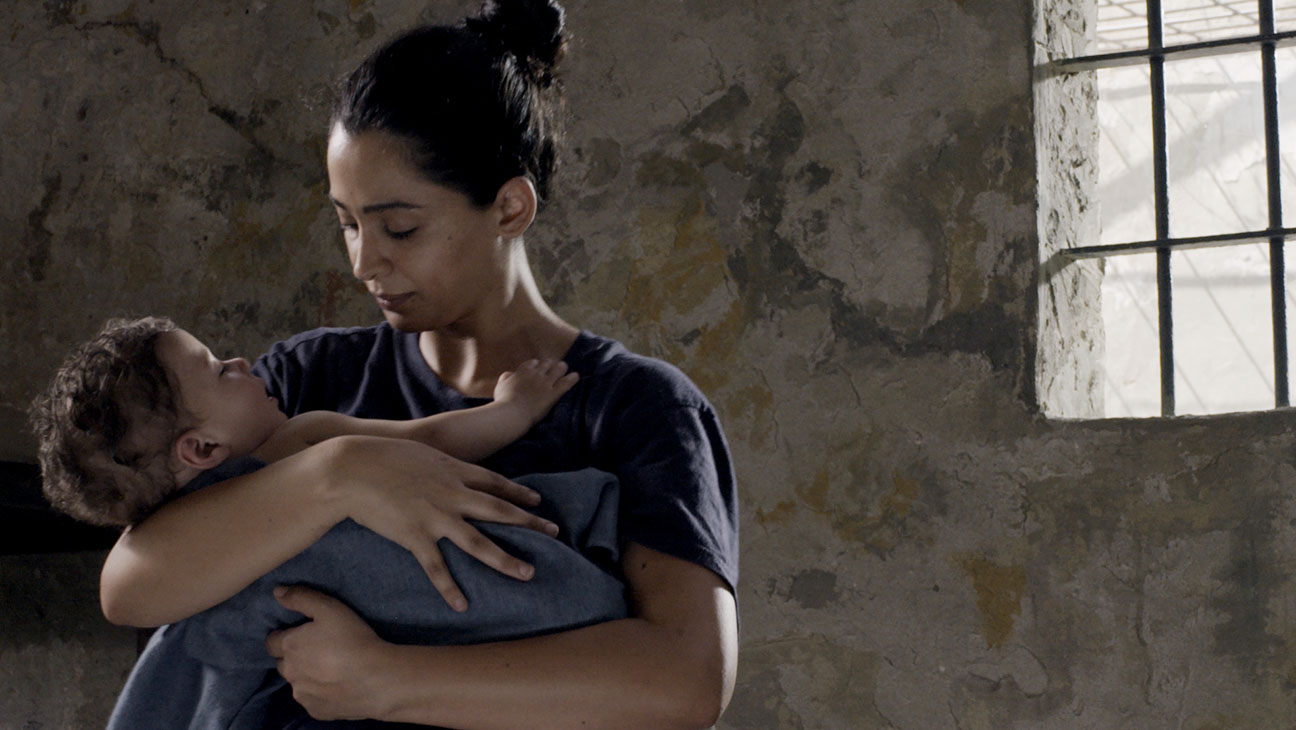
- Golden Globe Awards
3000 Nights (Palestine)
Since its inception cinema has offered numerous movies depicting life in prison but always from the perspective of male directors and mostly about the plight of imprisoned men. 3000 Nights is the first prison film about female prisoners made by a female director, Palestinian Mai Masri, who chose to shed light on the predicament of tens of thousands of Palestinians languishing in Israeli jails through the eyes of a woman: a school teacher, Layal (played by Maisa Abd Ehladi).Layal has just gotten married in 1980 when she is dragged out of her West Bank house in the middle of the night for giving a ride to a teenager who’s accused of a lethal attack against the Israeli military. Facing a charge of being an accomplice in a terrorist act, Layal is urged by her husband to lie at her trial and claim that the teenager threatened her with violence, but she refuses. The court sentences her to eight years in a prison that houses both Palestinian political prisoners and Israeli convicted criminals.Arriving in jail, Layal faces hostility from the Israeli inmates and prison wardens as well as rejection from her Palestinian compatriots, who suspect that she is an Israeli spy. But she gradually gains the trust of her fellow Palestinians when she sides with them against the Israelis and rejects the warden’s tempting offers to collaborate with the prison authorities.Soon, Layal discovers that she is pregnant, and contrary to her husband’s and the warden’s advice, she chooses to have the baby in prison rather than terminate the pregnancy. While her husband reacts by immigrating to Canada, her fellow prisoners embrace her with love and care, until she gives birth to a boy, who becomes a source of joy and hope, but also lands her in a moral minefield, forcing her to collaborate with the warden, who threatens to take him away from her if she doesn’t do so.In spite of its grim premise, 3000 Nights offers a message of hope. After fighting each other for most of the length of the movie, Israeli and Palestinian women look beyond the politics that divides them to the humanity that binds them. Unlike in the outside world, where one side oppresses the other, in prison they are equally deprived of freedom, and they unite against the authority in their fight for more rights and better conditions.Giving birth in captivity is also a testament to the humanity and resilience of the women. The film demonstrates that while men have the capacity to take lives under such immense pressure, women create life.Masri, the daughter of a Palestinian father and American mother, has lived in Beirut for most of her life and witnessed a lot of war and suffering, which she has portrayed in many of her documentaries since the early eighties. 3000 Nights is her debut narrative feature film, and with it, she joins new generation of female Arab filmmakers, who are giving voice the voiceless women of their society.